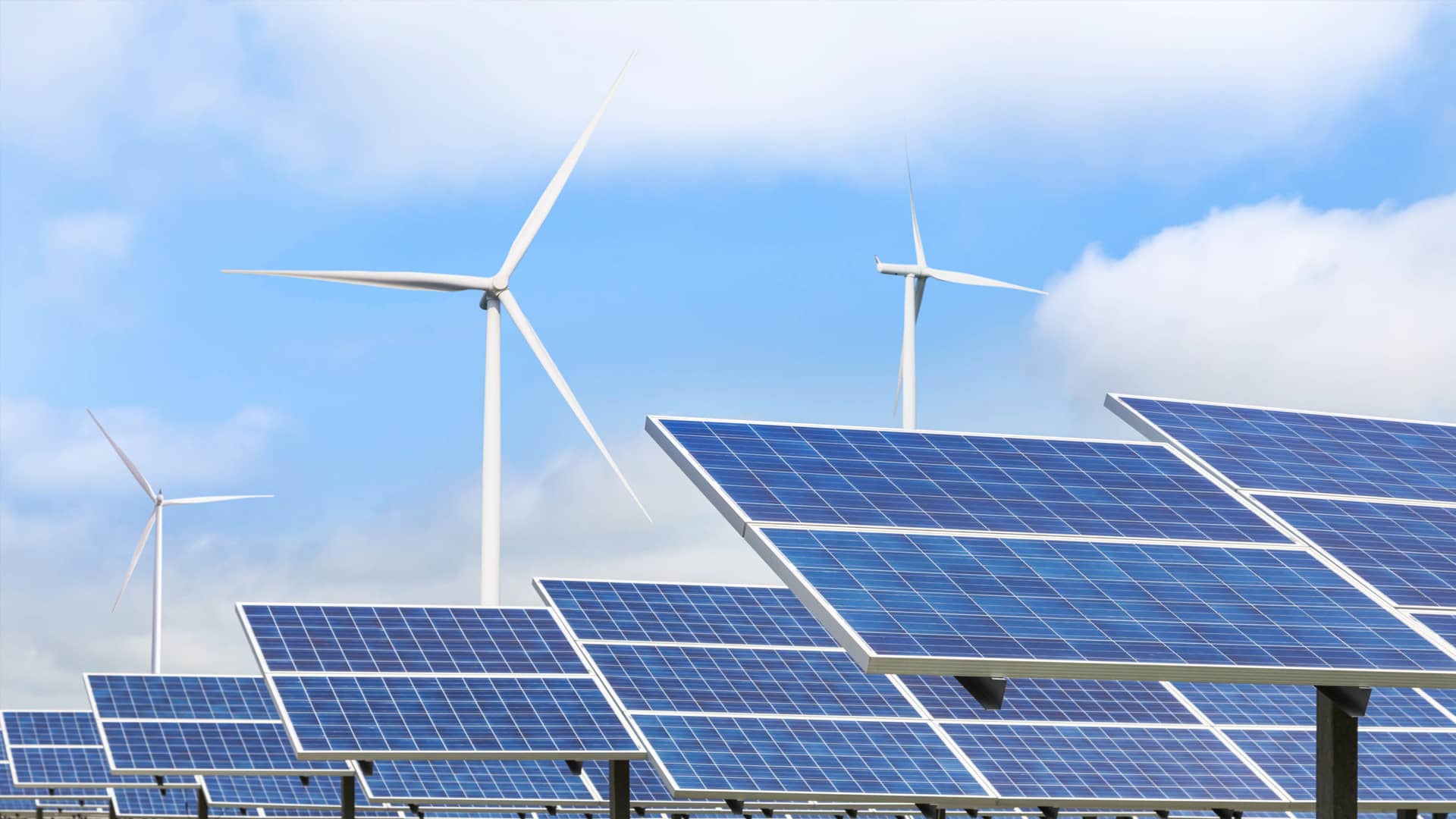Several concerns exist related to HTS cost efficiencies, environmental impacts and applicability that hinder a broad market penetration of these technologies. A major challenge is how to evaluate and demonstrate the system benefits of HTS, and how these may be economic and environmentally valued.
To better understand the potential economic and environmental benefits that HTS can deliver to a future low-carbon energy system, it is necessary to consider the energy and resources consumption, emissions and costs over its entire life cycle, covering the mining and refining of primary materials, the manufacturing phase, the entire use phase, as well as the end-of-life solutions (e.g., possible remanufacture/recycling of materials or disposal), considering its role in a circular economy.
It is essential to have a systemic knowledge of HTS based systems to access its environmental and economic benefits vis à vis conventional solutions in a wide set of applications. This requires a highly interdisciplinary approach coming from materials side reaching to application- oriented research to anticipate efficiently potentials of HTS before they enter the market.
Contact person: Dr Loïc Quéval (loic.queval@centralesupelec.fr)




